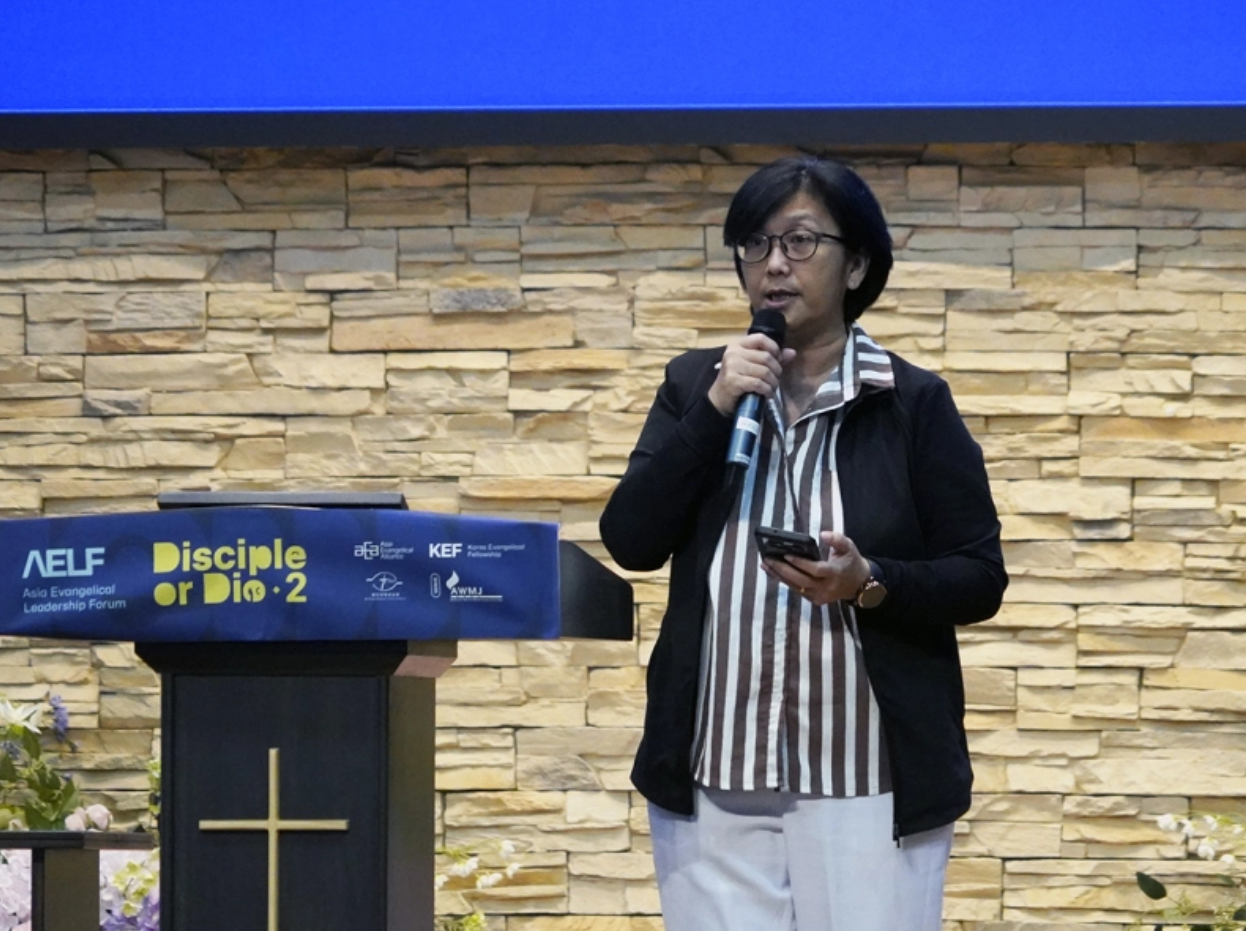Earlier this year, global children’s’ rights advocate UNICEF released a report exploring the impact of online activities on young people around the globe. While some children’s advocates praised the report, others raised concerns about troubling language regarding online pornography. The original report (since revised) claimed that “there is currently no universal agreement on the nature and extent of the harm caused to children by viewing content classified as pornography.”
In a letter to UNICEF’s executive director, the National Center on Sexual Exploitation stated, “These claims ignore the vast body of research demonstrating the harms of pornography to children….” This “vast body of research” has been growing for decades, but, like the authors of the UNICEF report, many in society still seem content to turn a blind eye to the many harms of pornography on young people.
In contrast, in our experience most parents are aware of and concerned about the dangers of online pornography, but they feel unsure about how to talk with their kids about it. Nonetheless, no matter how inadequate or ill-equipped you may feel about talking with your kids about sex and pornography, you will always be a better sex educator than the internet.
As children head into a time of decreased supervision during the summer months, there’s no better time for parents to press through their insecurities and to engage with their kids around this very important topic. Although it can seem scary for parents and kids alike, when parents have calm and relationally-oriented conversations with their kids about sex and pornography, it can make all the difference in the world.
Here are a four ideas to make these talks more natural:
- Build on the relationship you already have. If it’s easy-going and open, it won’t seem unnatural to ask what your child knows about porn. If you have trouble going deep with your kids, use this article as an excuse to ask some meaningful questions like those listed below.
- Select good times and places for these conversations. Because these discussions can feel vulnerable, make sure there is adequate privacy and time. For example, don’t bring up the topic when you are about to drop your daughter at a friend’s house.
- Take some time to think about the questions you want to ask and how you might react to the various responses you might hear. Then, prepare yourself mentally and emotionally to hear whatever your kids say. Remember, even if what you hear is bad news, it’s good news that now you know.
- Make the conversations as non-threatening as possible. You want to know what your child has encountered, not interrogate them. The topic of pornography is rife with shame and embarrassment. Work to be your child’s ally, not his opponent. Worry less about discipline and consequences and more about protecting the relationship and strengthening trust.
When it comes to the actual conversation, be curious, ask questions, and listen. Here are a few questions to help you learn more about your child’s interaction with pornography:
Read full article here
(c) The Christian Post, used with permission.




